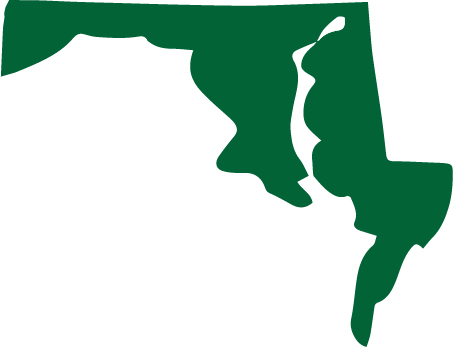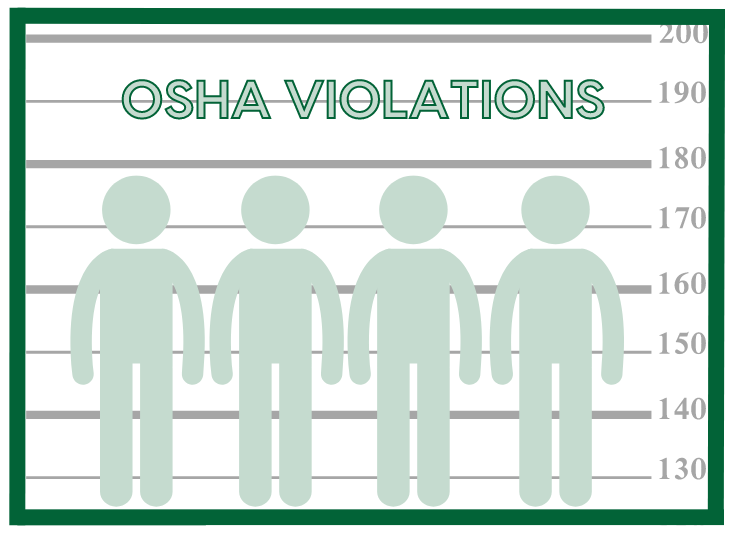Maryland Generators: Fully Regulated Hazardous Waste
Posted by
TEI Experts January 28, 2014
The Maryland Department of the Environment (MDE) has a state-specific hazardous waste generator status – “fully-regulated generator” – which includes both the small quantity generator (SQG) and the large quantity generator (LQG) status set forth by the US Environmental Protection Agency ( EPA).
EPA).
If your organization generates hazardous waste in Maryland, you qualify as a Fully Regulated Generator if any of the following apply to your company’s facility:
- You generate 100 kilograms (220 pounds) or more of hazardous waste in any month;
- You generate more than 1 kilogram (2.2. pounds) of acute hazardous waste in any month. Acute hazardous waste is identified in the Code of Maryland Regulations (COMAR) 26 13.02.05C(1), C(2), and C(6);
- You had or have more than 100 kilograms (220 pounds) of hazardous waste on-site at any time ;
- You had or have more than 1 kilogram (2.2 pounds) of acute hazardous waste on-site at any time.
You must do the following if you qualify as a Fully Regulated Generator:
- Correctly identify all hazardous waste that you generate;
- Submit a Notification of Hazardous Waste Activity form and obtain a US EPA ID Number;
- Accumulate hazardous waste in a DOT-approved container, properly labeled and marked;
- Accumulate hazardous waste on-site for no more than the time allowed;
- Document offsite shipments of hazardous waste on the Uniform Hazardous Waste Manifest to a state-approved hazardous waste disposal facility;
- Document inspections of main accumulation areas (MAAs) weekly for leaking containers and proper container-labeling and dating. Each log or summary should include the date, time of inspection, name of inspector, and a notation of the observations made, and the date and nature of any repairs made or other remedial actions taken. Logs must be kept on file for a minimum of 3 years from the date of inspection;
- Fulfill the requirements for Emergency Preparedness and Prevention;
- Prepare a Contingency Plan for hazardous waste emergencies and submit the plan to state and local agencies per MDE requirements;
- Train personnel who handle hazardous waste or who may respond to a hazardous waste emergency; and
- Submit a biennial report of hazardous waste activity to the MDE. This report is due on March 1st of every even year for the previous year (odd year) on March 1st for the previous year (odd year).
Note: Maryland doesn’t recognize the federal conditionally-exempt small quantity generator (CESQG) status for generators of hazardous waste.
MDE inspects the compliance of organizations by making regular, unannounced inspections of hazardous waste generators.
Triumvirate provides compliance consulting services that help organizations to understand their generator status and also meet all regulatory requirements.





.png)
